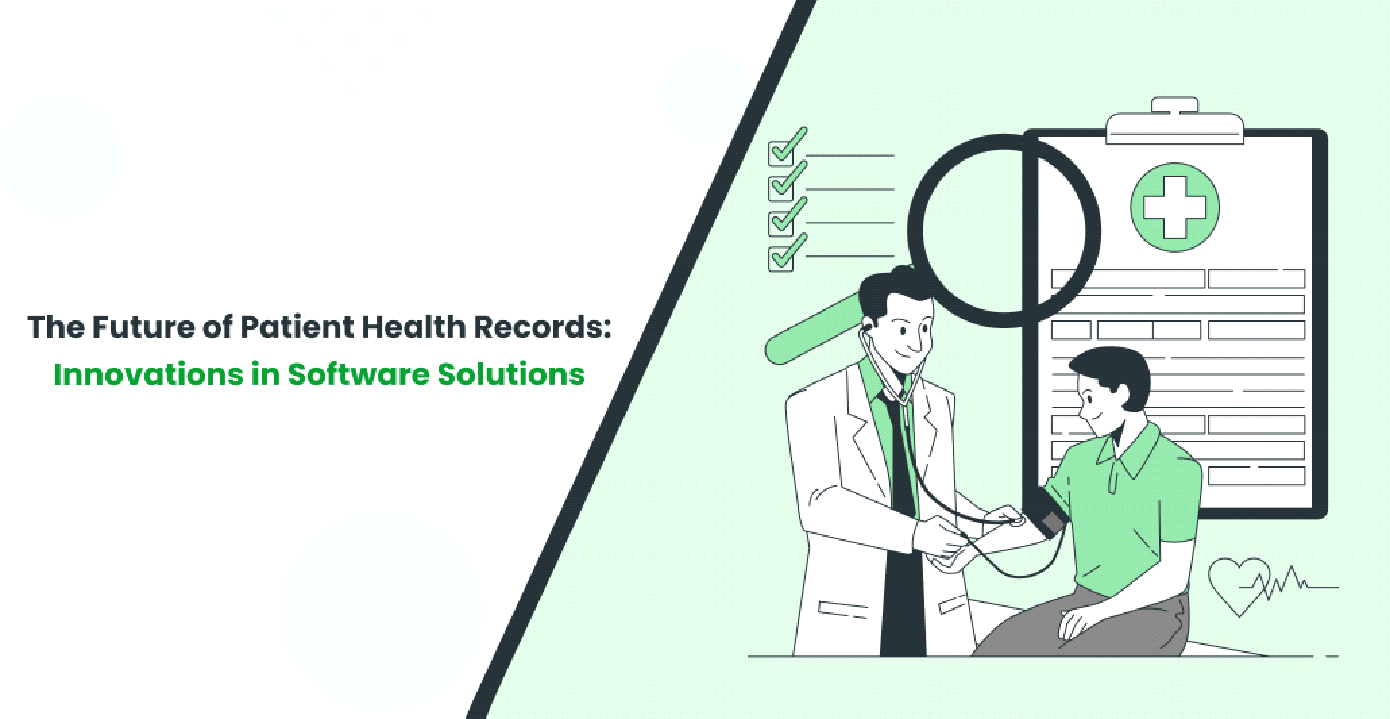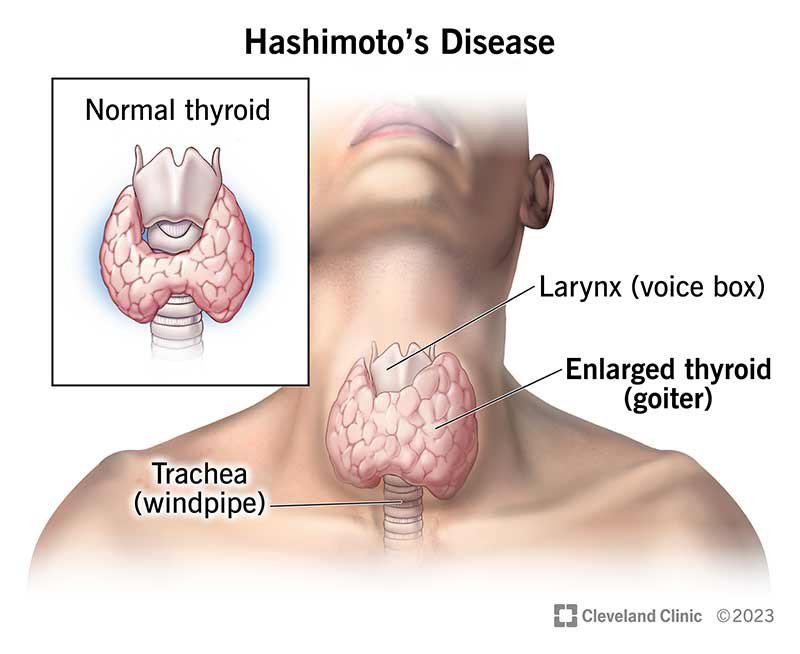Introduction:
The advancements that have been witnessed today in the field of patient health records are enormous, this has been made possible by various software solutions. The patient record and clinical record can be more managed with efficiency and security as the technology on the market progresses. Upgraded present-day Patient Health Records systems have created effective methods of getting data and optimized health care in correlation by applying the principles of Artificial intelligence and machine learning so that the care deliberated and administered remains unique. These innovations open up the potential to create a new level of patient record management and patient satisfaction.
Understanding of Patient Health Records
Patients need to comprehend PHR and equally important for the health care providers to get familiar with it. PHRs include patient health information such as medical history, diagnoses, medication, and treatment plans. They also come in handy in documentations that facilitate and promote proper and effective communication between the several practitioners in the healthcare sector.
Electronic clinical data, which is part of Patient Health Records, are an overview of clinical history and include fleeting clinical findings, laboratory data, and physician’s notes. Records give a full history of the patient’s medical condition which assists the clinician in arriving at the right decision. Electronic health records (EHR) have become prominent in the current digital world, replacing paperwork and leading to the improvement of health data details.
Hearing and reading their results, patients feel engaged and stimulated to fully participate in the process which will improve their condition. To the providers, integrated and interoperable Patient Health Records systems organize work, decrease the likelihood of errors, and enhance patients’ results.
Technological Advances in PHR Software
The reprocessing of patient health records (PHR) software technology is one of the significant modifications that are occurring in healthcare systems due to the improvements in the maintenance of health records and patient clinical records. Here are some key innovations:
Artificial Intelligence (AI) and Machine Learning (ML): Another critical use is in predicting patient history, prognosis, and plans based on massive patient information and diagnosing diseases at an early stage using artificial intelligence and machine learning. These technologies make it easier to develop better and more conducive records of patient clinics.
Blockchain Technology: A semiautonomous patient registry through a blockchain app guarantees the confidentiality and incontestability of patients’ health records. It aids in the exchange of information between various caregivers while conforming to the copyright issues of privacy and security.
Cloud Computing: Cloud solutions enable maintaining large volumes of information and the use of Electronic Patient Records System for medical practices. This is a plus for healthcare providers because they can handle dealing with large quantities of health information and implementing revised and updated documentation of health records conveniently.
Mobile Health Applications: Smart apps address patients’ informational needs since the information is accessible on their mobile devices. They enable the provision of timely information from healthcare providers, tracking of symptoms from remote locations, and constant health management.
Interoperability: Contemporary PHR includes applicable and integrated communication throughout a range of systems and applications to share and make full use of patient details. This integration also ensures that the patient gets an all-round treatment since it fails to repeat itself therefore minimizing the rate of a mistake that may be very harmful to the life of a patient.
Future Trends and Innovations in Patient Health Records
The trends in patient health records (PHR) are promising for the future to bring even more advances in the curing people field. The first key trend is the incorporation of Artificial Intelligence (AI) and Machine Learning (ML), which will be able to scan through patient data and identify potential health issues, and the best course of treatment. It is, therefore, clear that such technologies improve the quality and effectiveness of medical services, and consequently, medical records matter.
Blockchain is another innovative advancement that has ensured the security and reliability of the health data of a patient. It offers a decentralized system that cannot be easily altered, making it reliable for use as a tool for enhancing trust and information sharing in the health facility.
Telehealth, home supervision stations, and various forms of remote health monitoring are changing the way patients’ records are documented and retrieved. Medical care has become accessible, availing actual time care with physicians and sharing of health information from any location.
Accessibility continues to be intact, along with the primary goal of the project, which is to ensure interoperability between different healthcare information systems. These reduce oversight and the chances of poor coordination in managing the patient’s affairs.
Conclusion:
After a review of the current/present trends, it has been ascertained that the future of patient health records is promising given the advances in software solutions now enhancing the Hospital Management System. Integration of Artificial Intelligence, Blockchain, and Telehealth helps patient care since records become more precise, safe, and available. These are some of the many aspects that those innovations are already bringing into the future as healthcare, proving to be much more effective, informed, and embracing of patient needs and values.






